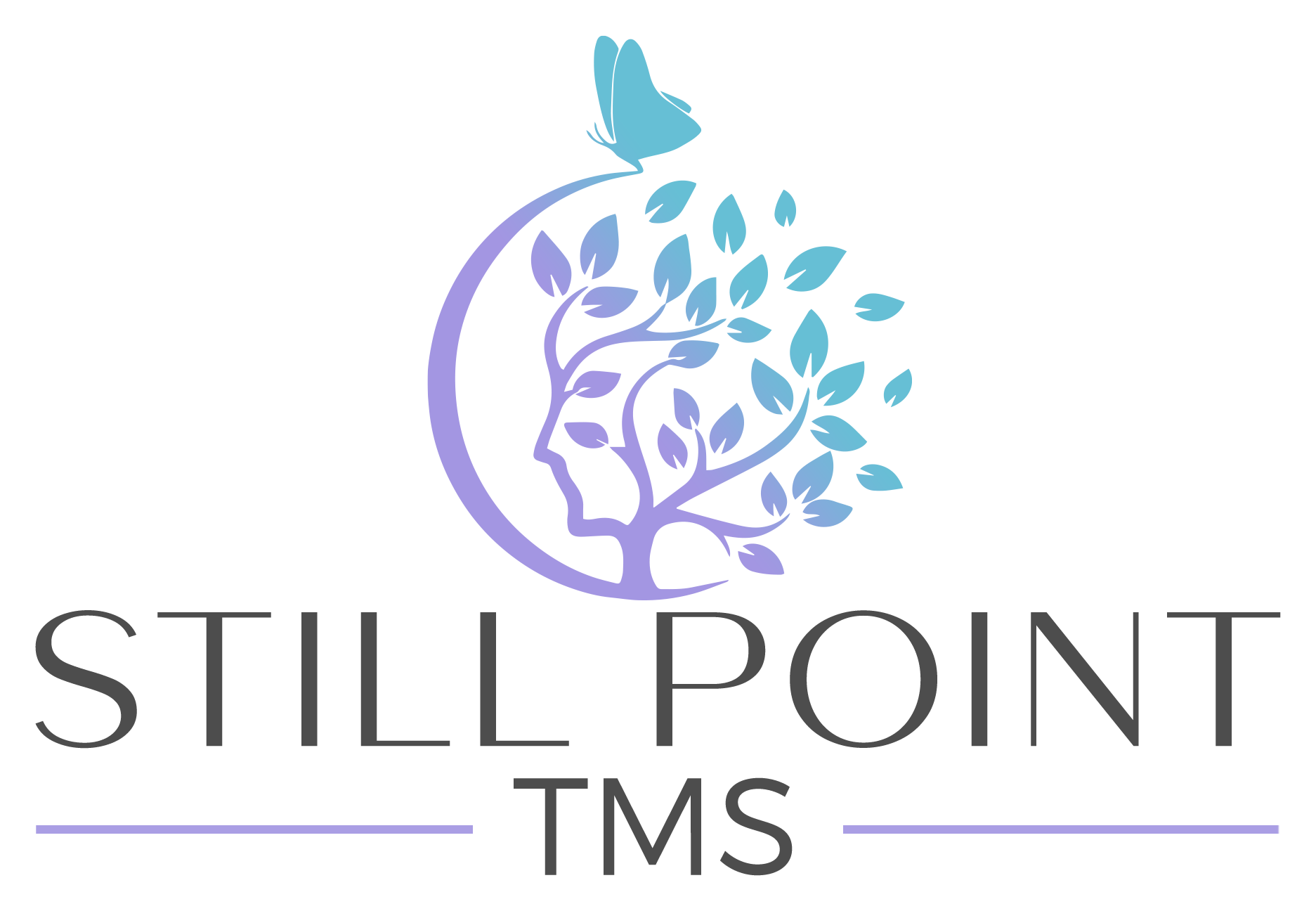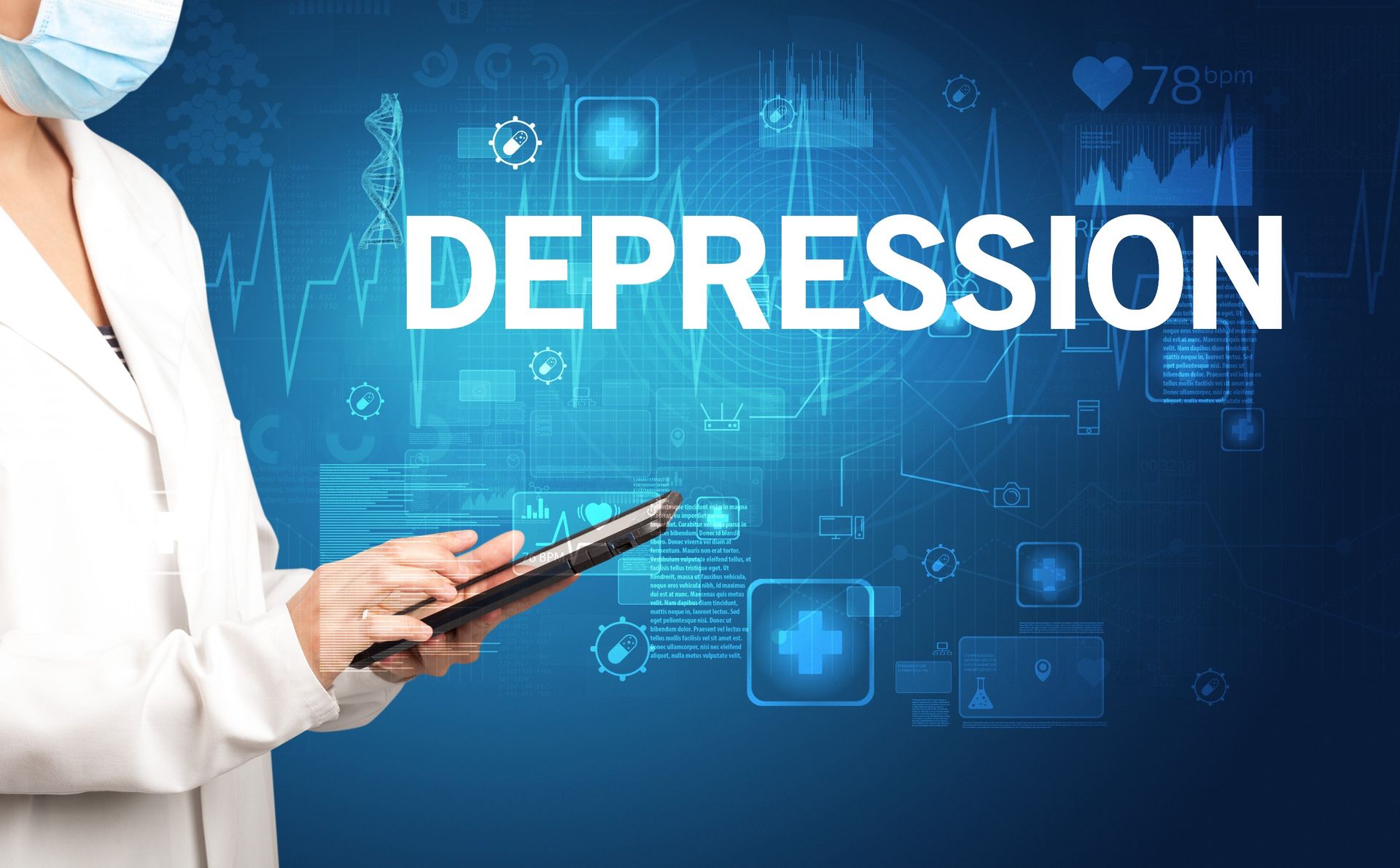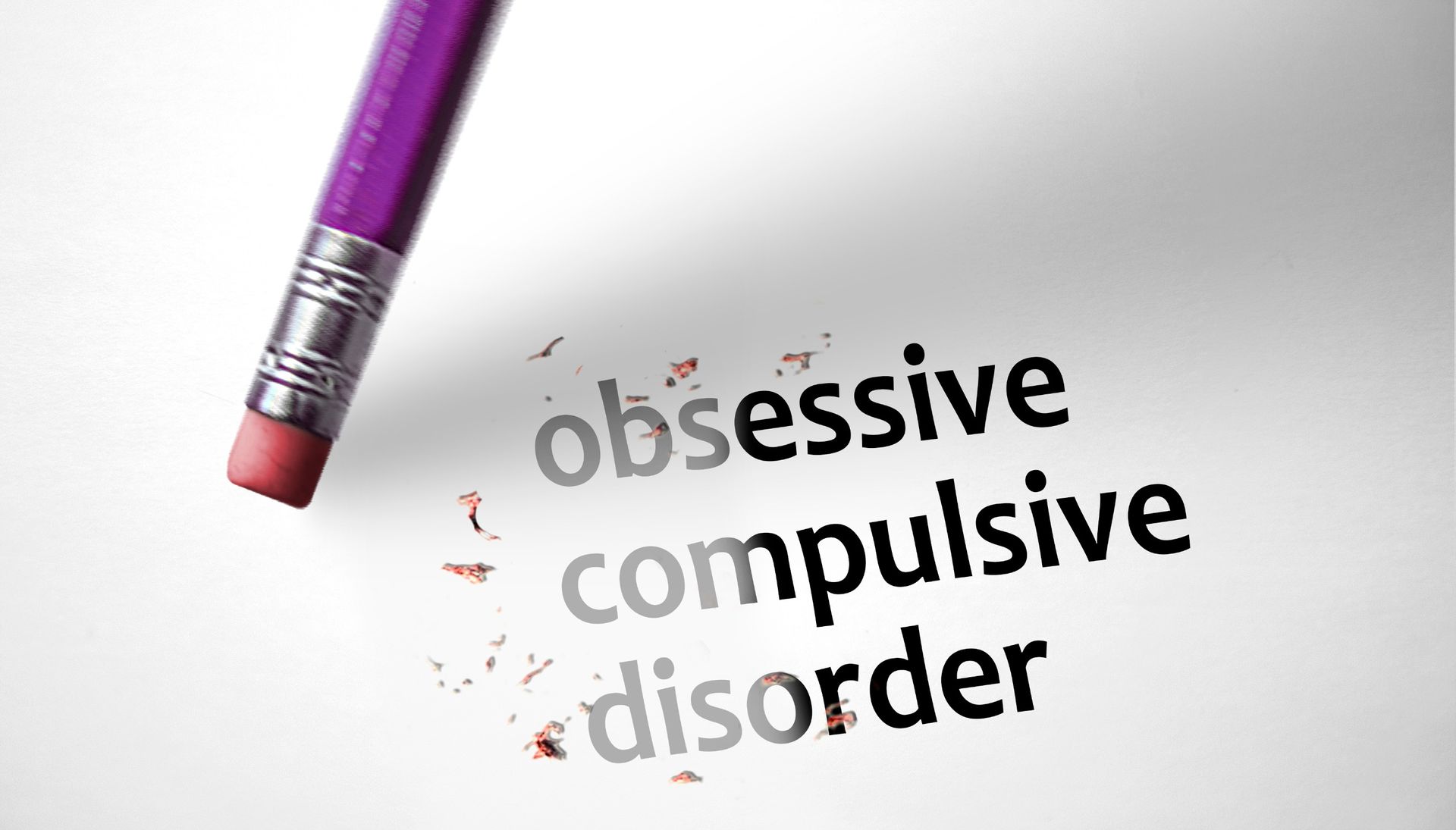103 Pennsylvania S, Charleston, WV 25302
103 Pennsylvania S, Charleston, WV 25302
Integrative Medicine: What Is It, Types, Risks & Benefits
Michelle Bez • Nov 20, 2023
Do you want to live a healthier, more balanced life? If so, integrative medicine might be something to look into. A holistic approach focused on healing the whole person and restoring balance in body, mind, and spirit, integrative medicine is known for its focus on preventive measures.
From natural supplements to lifestyle changes like dieting or stress management techniques – there are many ways to incorporate it into your daily routine.
In this blog post, we will explain what integrative medicine is, explore the types of treatments available, discuss the associated risks and benefits of using these therapies, and offer tips for finding the best practitioners in your area.
Take charge of your health today; read on as we explore all things related to integrative medicine!
Approximately 10% of people in the United States suffer from depression. (my.clevelandclinic.org)
What is Integrative Medicine and How Does it Work
According to the National Center for Complementary and Integrative Health (NCCIH), integrative medicine is a form of care that "combines mainstream medical therapies and complementary and alternative medicine therapies for which there is some high-quality scientific evidence of safety and effectiveness."
It emphasizes a holistic, patient-focused approach to healthcare and wellness—often including mental, emotional, functional, spiritual, social, and community aspects. By combining different modalities of treatments, integrative medicine aims to treat the whole person, not just the illness.
It works by using a personalized strategy that considers the patient's unique conditions, needs, and circumstances, and makes use of all appropriate therapeutic approaches to achieve optimal health and healing.
Types of Integrative Medicine: TMS Therapy
Integrative medicine is a broad field that encompasses various complementary and alternative therapies, such as acupuncture, herbal medicine, massage, and more. One popular type of integrative therapy is Transcranial Magnetic Stimulation (TMS) therapy. This FDA-approved treatment involves using magnetic pulses to stimulate specific areas of the brain associated with mood regulation and has shown promising results in treating depression, anxiety, OCD, and other mental health conditions.
Transcranial Magnetic Stimulation (TMS) therapy is an innovative form of integrative medicine that involves the use of magnetic fields to stimulate nerve cells in the brain. This non-invasive procedure is primarily used to treat depression and other mental health disorders where medications might have been ineffective.
During a TMS session, an electromagnetic coil is placed against the scalp near the forehead. The electromagnet painlessly delivers a magnetic pulse that stimulates nerve cells in the region of the brain involved in mood control and depression. TMS therapy is generally considered safe with minimal side effects and can be an important part of an integrative medicine approach to mental health.
Risks associated with Integrative Medicine
While integrative medicine has many benefits, it is also associated with certain risks. It is important to remember that "natural" does not always mean safe. Herbs and supplements can have side effects and even interact negatively with conventional medicines. For instance, St. John's wort, a commonly used herb in alternative medicine, can render birth control pills less effective.
Practices like acupuncture and chiropractic care also have risks if not performed correctly, such as infections or injury to the spine. Mind-body therapies, while generally safe, may cause discomfort or exacerbate mental health issues in some individuals.
Moreover, not all integrative medicine practices have been thoroughly studied, and the effectiveness of many treatments is not yet backed by strong scientific evidence. Therefore, it's essential to consult with a healthcare provider before starting any new treatment regimen.
Finally, the industry lacks consistent regulation, leading to potential issues with the quality and safety of therapies, especially herbal medicines and supplements. Always ensure to source these products from reputable providers, and remember, these treatments are meant to complement, not replace, conventional medicine.
Benefits of Integrative Medicine
Integrative medicine, with its holistic approach, presents numerous advantages.
- Holistic Approach: It treats the whole person and not just the symptoms. This approach includes consideration for the mental, emotional, and social aspects of health, in addition to physical symptoms.
- Preventative Care: The focus is on preventing illness before it starts by maintaining overall health and wellness.
- Personalized Care: Treatments are tailored to individual patients, taking into account their unique conditions, needs, and circumstances.
- Empowerment: Patients are encouraged to take an active role in their own health and healing, promoting a sense of empowerment and autonomy.
- Integration of Therapies: It combines conventional medical treatments with alternative or complementary therapies, providing a wider range of options for treatment.
- Improved Quality of Life: By addressing all aspects of a person's life and well-being, integrative medicine can improve overall quality of life and satisfaction.
- Reduced Reliance on Medication: Through lifestyle changes and natural therapies, integrative medicine may reduce the reliance on prescription medication and associated side effects.
Always remember, however, that while integrative medicine has its benefits, it is not a substitute for conventional medicine but should be used in conjunction with it for the best results.
Integrative Medicine and Mental Health
Integrative medicine's holistic approach has significant benefits for mental health. By addressing the whole person, it considers mental and emotional well-being as essential elements of overall health.
Mind-body therapies such as meditation, yoga, and tai chi, often used within the framework of integrative medicine, can help manage stress and anxiety, boost mood, and improve sleep quality. They promote mindfulness and relaxation, providing effective tools for individuals to manage their mental health proactively.
Nutritional counseling is another integrative therapy that can positively impact mental health. There is a growing body of research supporting the link between diet and mental health. A balanced, nutritious diet can help regulate mood, reduce anxiety, and even alleviate symptoms of depression.
Transcranial Magnetic Stimulation (TMS) therapy offers numerous benefits, especially for patients who have not responded well to traditional treatment methods. One of the most significant advantages of TMS is that it's a non-invasive procedure, meaning it doesn't require surgery or anesthesia.
Furthermore, TMS therapy has proven to be particularly effective in treating mental health disorders such as depression, anxiety, and Obsessive-Compulsive Disorder (OCD). In many cases, patients have reported a noticeable improvement in their symptoms after undergoing TMS therapy.
Unlike many medications used to treat these conditions, TMS therapy is generally well-tolerated and does not have systemic side effects such as weight gain, dry mouth, or sexual dysfunction.
It is essential to note that integrative medicine therapies should not replace conventional psychiatric treatment for severe mental health disorders but can serve as a valuable adjunct, enhancing overall treatment effectiveness and improving quality of life.
Summing Up TMS & Integrative Therapy
Integrative medicine has been proven to have many health benefits and is increasingly gaining recognition. People from all backgrounds have seen immense results when utilizing integrative medicine, whether it be for physical, mental, or emotional ailments.
From mindfulness activities like yoga and tai chi to energy-based therapies such as reiki and qigong, there are multiple treatments available with integrative medicine.
By taking positive steps towards becoming informed and finding ways to improve your overall health through integrative practices – you can begin living a happier healthier life today!
About Still Point TMS
Our mental health professionals will help you every step of the way on your mental fitness journey by creating a treatment plan. We understand that it is a challenging situation but you have already taken the first step by being here. Don’t wait any longer, request a free consultation today! You can reach us at 304-915-0084 to learn more or schedule your appointment.

Schedule a Consultation
Local to Charleston West Virginia and need help with depression? Contact Still Point TMS today!
Call Now: 304-915-0084

TMS Therapy Can Help People With
- Depression
- Lack of Joy
- Sadness and Despair
- Low Mood
- Lethargy
- Insomnia
- Oversleeping
- Social Isolation
- Self-Harm
- Substance Abuse
- Suicidal Ideation
- Alcoholism


Ready to Get Started?
Holistic Anxiety Disorder Treatment & Mental Health Services in Charleston, WV
Our commitment is to enhance the mental health of our community and we pledge to support you in your journey by providing a customized treatment plan to help you overcome your struggles and achieve a fulfilling life. At Still Point TMS, our mental health clinic in Charleston West Virginia, we utilize TMS therapy, an exceptional and innovative method to combat treatment-resistant depression. We're dedicated to helping you find the mental well-being you deserve. It’s time.
Or Call: 304-756-5715 for Bez Psychiatric
🙌 Bez Psychiatric Is Now Part of Still Point TMS Therapy 🎉
Navigation
Contact
Or Call: 304-756-5715 for Bez Psychiatric
304-346-9927
MON – FRI: 9am-4pm
SAT – SUN: Closed
103 Pennsylvania S, Charleston, WV 25302







